Introduction to the 2.0L Turbo 4-Cylinder Engine
The 2.0L Turbo 4-Cylinder engine is a modern marvel of engineering. It is known for blending performance with efficiency. This engine type has become popular in various vehicles worldwide. Its compact size and power make it ideal for many applications. Before diving into its features, let’s first understand what makes a turbocharged engine unique.
What is a Turbocharged Engine?
A turbocharged engine utilizes a turbocharger to boost power. The turbocharger uses exhaust gases to spin a turbine. This turbine compresses more air into the engine, allowing more fuel to be burned. As a result, turbocharged engines produce more power compared to naturally aspirated ones. This setup enhances performance without increasing engine size. Turbocharging is efficient and reduces emissions, making it popular in modern automotive design.
Features of the 2.0L Turbo 4-Cylinder Engine
The 2.0L Turbo 4-Cylinder engine offers various standout features:
- High Power Output: Despite its small size, this engine delivers exceptional horsepower and torque. These characteristics ensure thrilling performance in various driving conditions.
- Fuel Efficiency: Turbo technology allows for maximized fuel efficiency. It provides power on demand without excessive fuel consumption.
- Compact Design: Its compact design ensures it fits in smaller vehicles without compromising interior space.
- Lightweight Components: Lightweight materials enhance fuel economy and overall vehicle handling.
- Advanced Cooling Systems: This engine is equipped with efficient cooling systems. These systems prevent overheating during intense use.
- Reduced Emissions: Modern 2.0L Turbo engines meet strict emission standards. They contribute to an eco-friendly automotive landscape.
This combination of power, efficiency, and environmental consciousness sets the 2.0L Turbo 4-Cylinder engine apart from others.
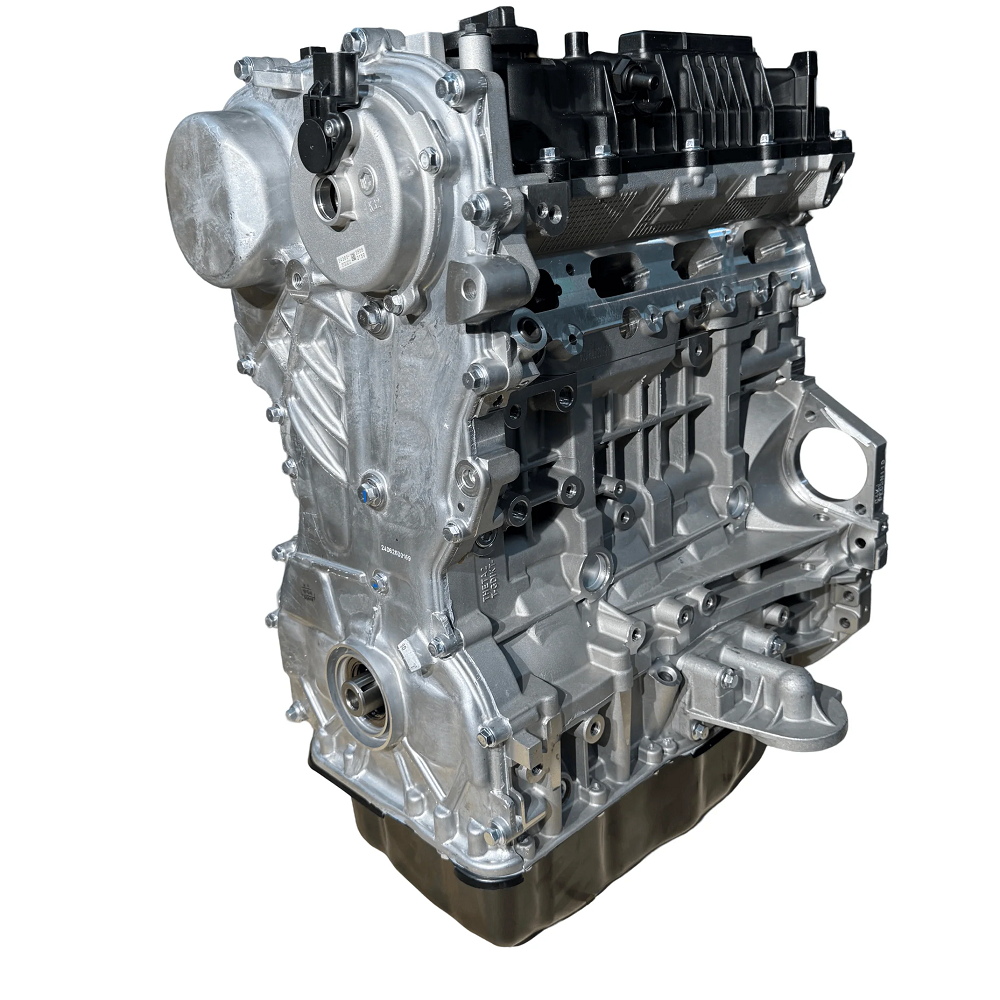
Performance and Efficiency
The 2.0L Turbo 4-Cylinder engine excels in both performance and efficiency. This balance makes it a popular choice among automakers and drivers.
Horsepower and Torque Capabilities
The 2.0L Turbo 4-Cylinder engine delivers impressive horsepower and torque despite its small size. Turbocharging helps cram more air into the engine, enhancing combustion and power output. These engines typically produce over 200 horsepower, offering thrilling acceleration. Torque is equally high, providing quick responses during overtaking or climbing steep inclines. This superior combination ensures remarkable performance in various driving conditions, from city streets to highways. Enthusiasts often praise these engines for their spirited drive and power delivery.
Fuel Efficiency Benefits
One of the standout advantages of the 2.0L Turbo 4-Cylinder engine is fuel efficiency. Turbocharging ensures efficient fuel usage by drawing extra power from a small displacement. This results in significant fuel savings compared to larger engines with similar power. Drivers can enjoy power on demand without excessive fuel consumption. Additionally, many vehicles with these engines feature advanced fuel management systems to optimize efficiency further. This makes the 2.0L Turbo engine a practical choice for both performance and economy-conscious drivers, bridging the gap between power and savings.
Applications in Modern Vehicles
The 2.0L Turbo 4-Cylinder engine plays a key role in modern automotive design. Automakers favor it for its blend of power, efficiency, and versatility. It caters to diverse driving needs without compromising performance or fuel economy.
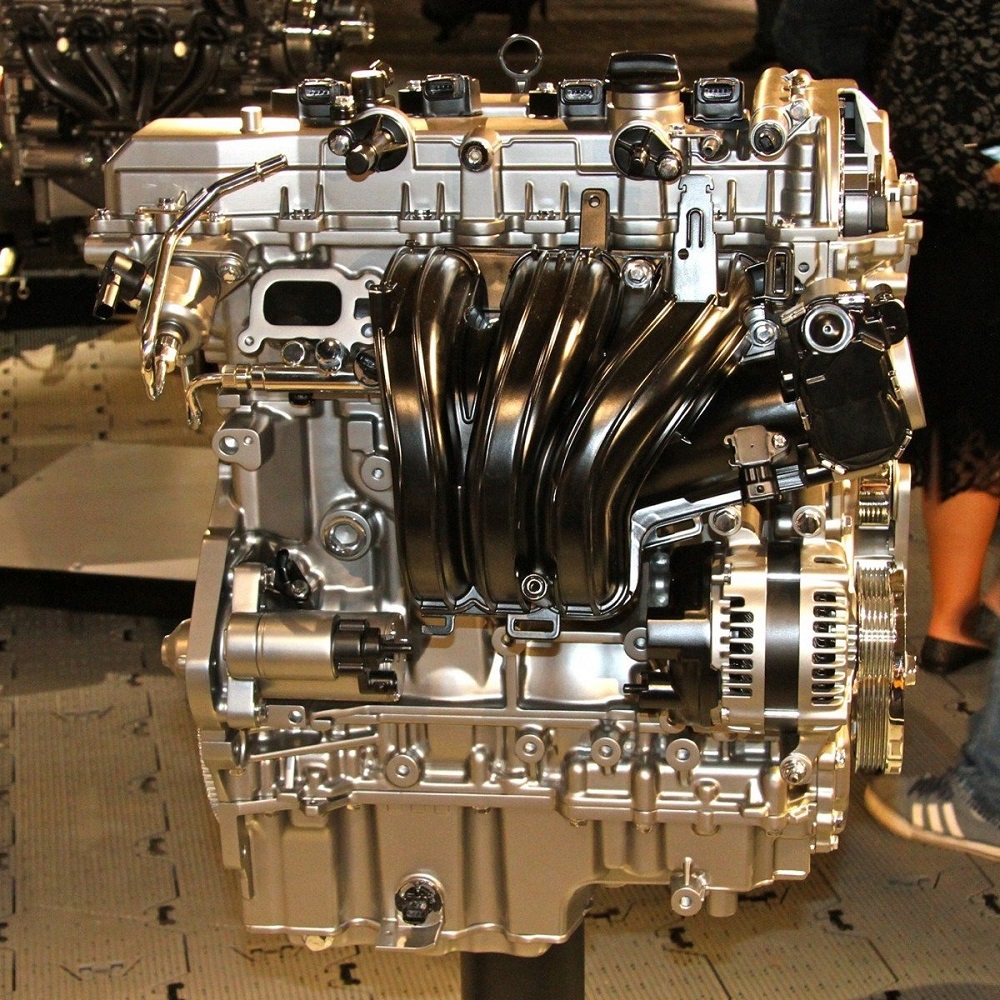
Popular Car Models Equipped with the 2.0L Turbo Engine
Many car brands integrate the 2.0L Turbo engine into their models. Luxury sedans like the Audi A4 and BMW 3 Series rely on this engine for smooth power delivery. High-performance cars, like the Ford Mustang EcoBoost, use it for thrilling acceleration. Compact SUVs, such as the Honda CR-V, benefit from its power and efficiency balance. Some hybrid models also pair the engine with electric motors for enhanced eco-friendliness. This wide application highlights the engine’s versatility in meeting various market demands.
Comparison with Other Engine Types
The 2.0L Turbo engine outshines other engine types in various aspects. Compared to naturally aspirated engines, it delivers higher power without larger displacement. It achieves similar performance levels as bigger engines while using less fuel. Diesel engines often provide high torque but lack the efficiency and refinement of the turbo 4-cylinder. The small size of the engine makes it ideal for compact vehicles, unlike larger V6 or V8 engines. Ultimately, the 2.0L Turbo strikes an excellent balance between performance, space efficiency, and fuel economy.
Key Advantages of the 2.0L Turbo Engine
The 2.0L Turbo 4-Cylinder engine stands out for its design and performance benefits. These advantages make it a preferred choice among automakers and drivers. Let’s explore two key benefits that highlight its superiority in modern vehicles.
Compact Size and Lightweight Design
The compact size of the 2.0L Turbo engine makes it highly versatile. Its small dimensions allow it to fit into various vehicle types, from sedans to SUVs. Manufacturers love its design for optimizing space without sacrificing performance. The lightweight construction enhances vehicle handling and responsiveness. Lighter engines reduce overall weight, boosting fuel efficiency and reducing emissions. Compact and lightweight design keeps the vehicle agile—perfect for urban and highway driving. Together, these features ensure space efficiency and operational excellence.
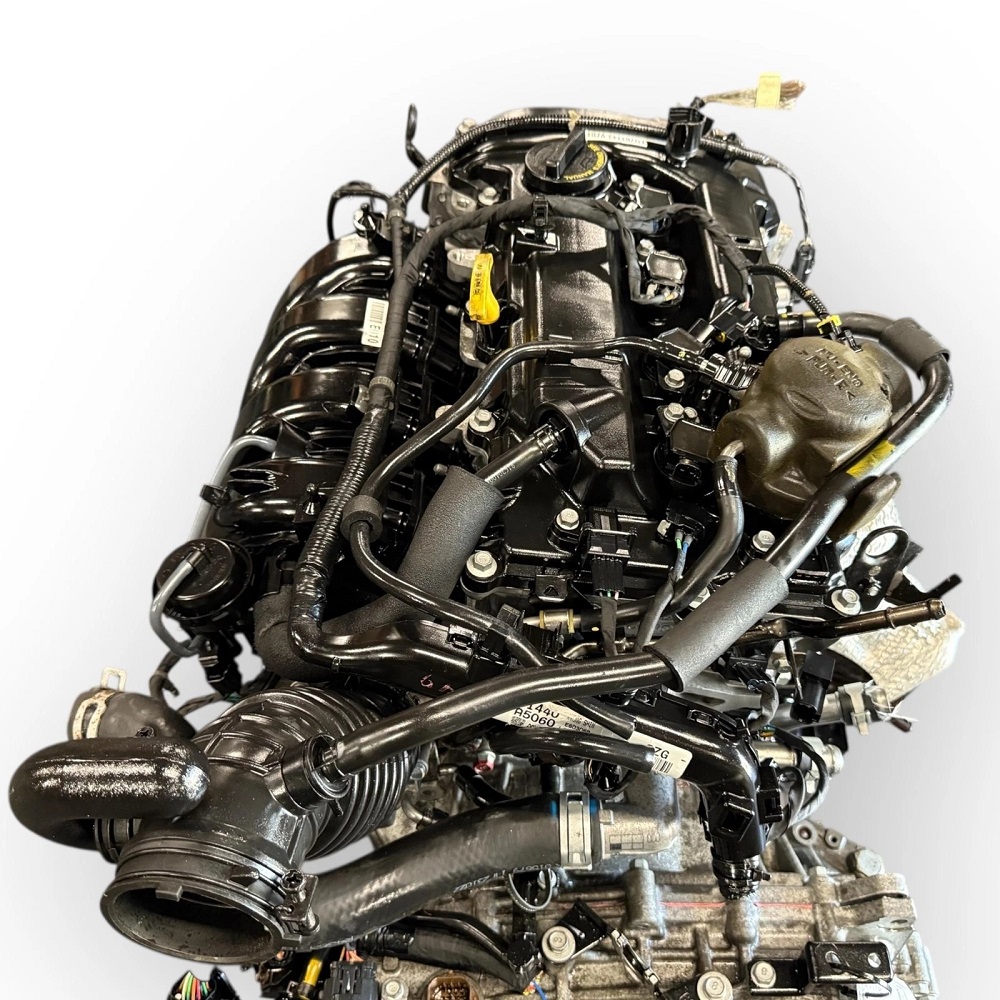
Enhanced Driving Dynamics
The 2.0L Turbo engine offers exceptional driving dynamics. Power delivery is smooth, making acceleration seamless and responsive. The high torque ensures better handling during steep climbs or sudden overtaking. Engine precision makes driving sporty and enjoyable across different terrains. Reduced engine weight improves cornering and braking stability, ensuring a safe driving experience. Turbocharging technology minimizes lag, providing instant power for an engaged drive. Whether cruising on highways or navigating city streets, this engine makes every ride more dynamic and exciting.
Maintenance and Longevity
Proper maintenance is essential for maximizing the lifespan of a 2.0L Turbo 4-Cylinder engine. By following recommended practices, drivers can enjoy reliable performance and reduce repair costs. Let’s explore some common maintenance tips and potential issues drivers might face.
Common Maintenance Tips for Turbocharged Engines
- Regular Oil Changes: Turbocharged engines generate more heat, making frequent oil changes crucial. Use high-quality, turbo-specific oil to maintain efficiency.
- Air Filter Maintenance: A clean air filter ensures better airflow, improving engine performance and fuel efficiency. Replace it as recommended by the manufacturer.
- Cooling System Check: Inspect the cooling system regularly to prevent overheating. Ensure the coolant is at optimal levels.
- Turbocharger Care: Allow the engine to idle for a minute after driving to cool the turbo. This prevents oil from burning in the turbocharger.
- Monitor Spark Plugs: Replace spark plugs as needed to maintain smooth ignition and avoid misfires.
- Check Hoses and Belts: Ensure hoses and belts are in good condition. Damaged components can affect turbo function and lead to leaks.
- Use Quality Fuel: Use premium fuel for cleaner combustion and better engine performance.
By following these tips, drivers can enhance their engine’s durability and reliability.
Addressing Potential Issues and Repairs
- Turbo Lag: This occurs when the turbo takes time to build pressure. Regular maintenance minimizes lag issues.
- Oil Leaks: Turbocharged engines are more prone to oil leaks. Check seals and gaskets frequently.
- Overheating: Overheating can damage the turbo components. Keep the cooling system in top condition.
- Reduced Boost Pressure: A drop in boost pressure may indicate worn-out turbo parts or airflow blockages.
- Unusual Turbo Sounds: Whistling or grinding noises could mean mechanical wear in the turbo. Get it inspected immediately.
- Black Smoke: Excess black exhaust smoke might signal insufficient air intake or fuel system problems.
Promptly addressing these issues keeps the 2.0L Turbo 4-Cylinder engine in optimal condition. Regular professional check-ups further ensure early issue detection and prevent costly repairs. By staying proactive, drivers can maximize both performance and longevity of their engine.
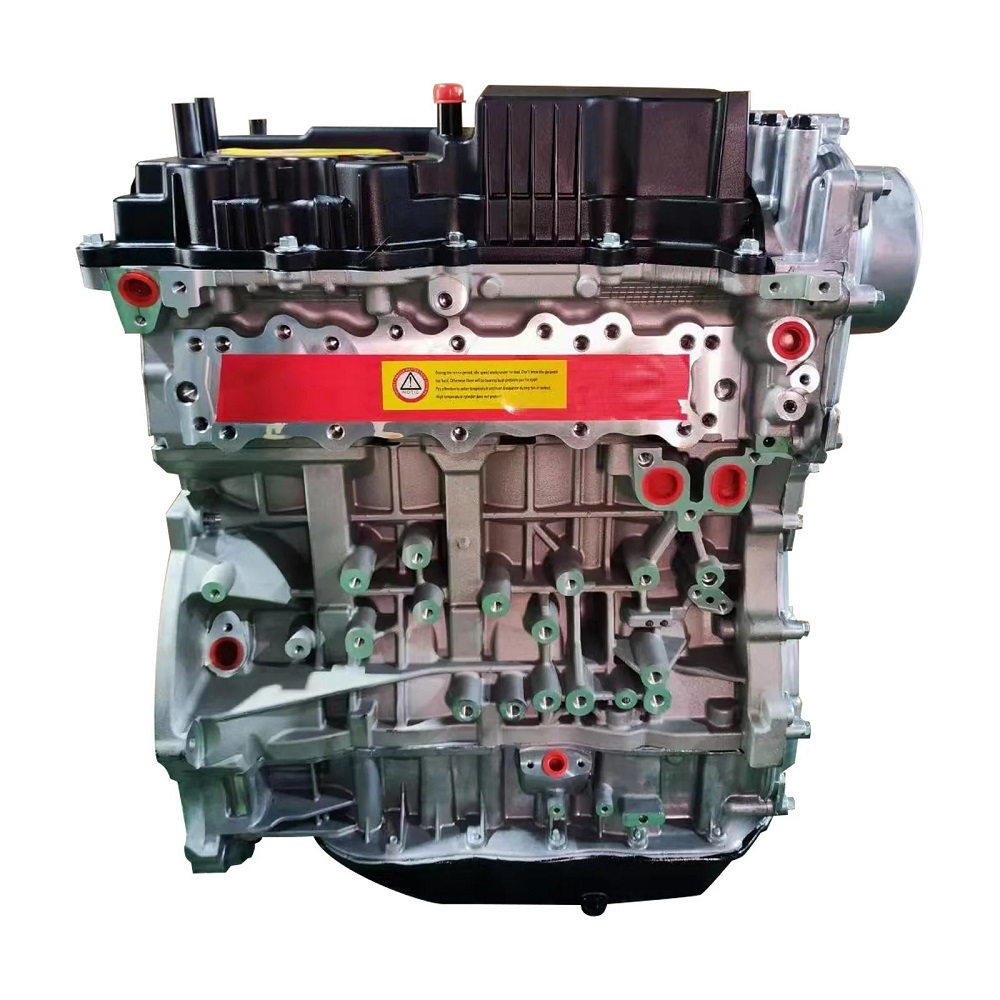
Environmental Impact
The 2.0L Turbo 4-Cylinder engine is designed with environmental responsibility in mind. Its advanced features aim to reduce emissions and promote sustainable vehicle performance.
Emissions and Eco-Friendly Features
The 2.0L Turbo 4-Cylinder engine is engineered to meet strict emission standards. It uses advanced combustion technology to burn fuel more cleanly. Key eco-friendly features include:
- Reduced Carbon Emissions: Cutting-edge design helps minimize carbon dioxide output.
- Efficient Fuel Combustion: The turbocharger maximizes air-fuel mixture for cleaner emissions.
- Particulate Filters: These capture harmful particles before they exit through the exhaust.
- Low NOx Emissions: Improved combustion lowers nitrogen oxide levels, a common pollutant.
- Eco Mode Driving: Some vehicles include modes to optimize eco-friendly engine operation.
By reducing pollutants, the 2.0L Turbo engine supports a cleaner and healthier environment.
Contribution to Sustainable Transportation
The 2.0L Turbo engine plays a vital role in sustainable transportation. Its small size and high efficiency enable:
- Optimal Fuel Usage: Lower fuel consumption reduces dependency on nonrenewable energy sources.
- Integration in Hybrids: Paired with electric motors, it boosts fuel efficiency and cuts emissions.
- Lightweight Vehicles: Lighter engine design enhances overall vehicle efficiency and reduces energy use.
- Adaptability to Biofuels: Compatible with certain biofuels, further supporting green energy.
- Support for Urban Mobility: Compact engines fit better in eco-conscious urban vehicles.
It aligns with global efforts toward reduced emissions and sustainable transportation goals. The 2.0L Turbo demonstrates how modern engines can balance power with environmental conservation.
Future of Turbocharged Engines
The future of turbocharged engines is bright, fueled by innovation and changing automotive needs. As manufacturers focus on efficiency and sustainability, turbocharging technology continues to evolve. Let’s explore the advancements shaping these engines and how the 2.0L Turbo fits into this transformation.
Innovations in Engine Technology
- Electric Turbochargers: Electric turbos eliminate lag by delivering instant boost. They improve responsiveness and energy efficiency.
- Variable Geometry Turbochargers: These adapt the turbo’s airflow for optimal performance across different speeds and loads.
- Integration with Hybrid Systems: Turbocharged engines paired with electric motors enhance fuel efficiency and reduce emissions.
- Advanced Materials: Lightweight, heat-resistant materials increase durability and reduce engine weight.
- Smart Performance Systems: AI-powered systems optimize turbo operation for better precision and adaptability.
- Cleaner Combustion Technology: Improved designs ensure more efficient fuel burn, lowering pollutant emissions.
These advancements make turbo engines smarter, cleaner, and more versatile for future vehicles.
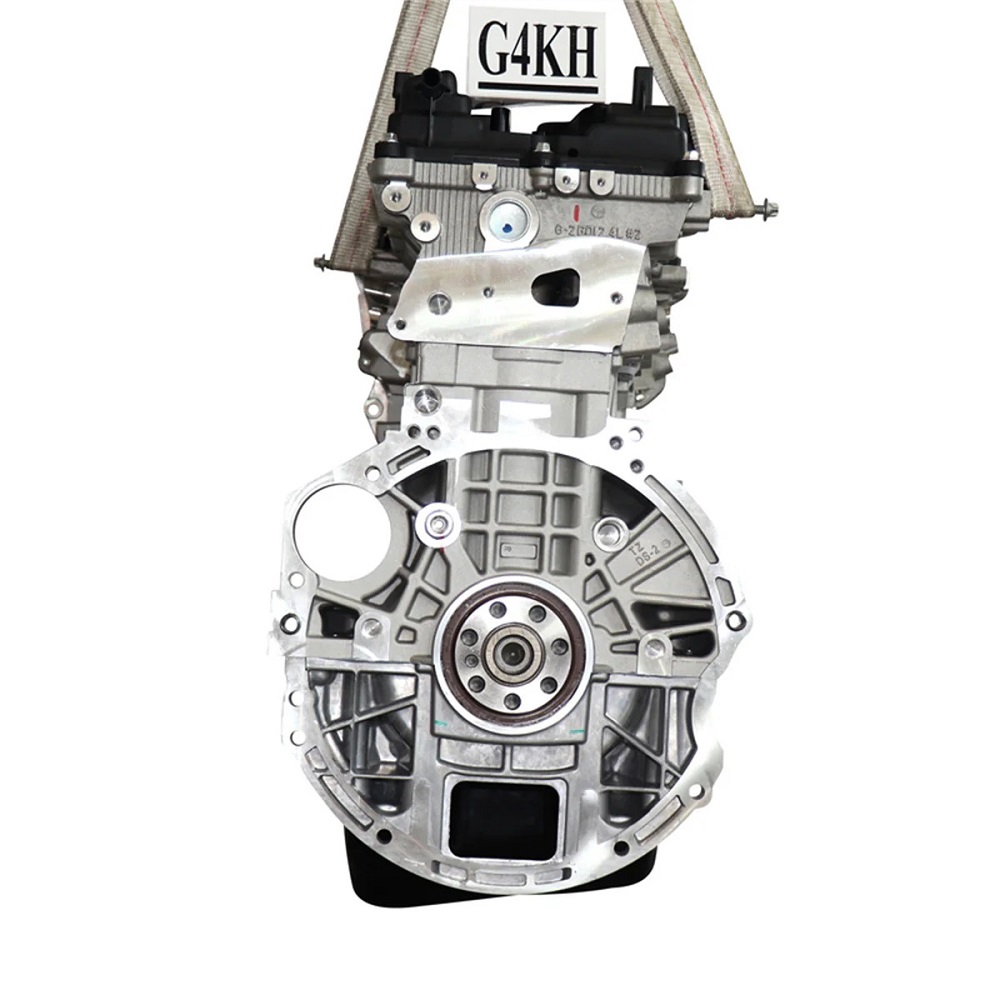
How the 2.0L Turbo Fits into the Future Automotive Landscape
The 2.0L Turbo engine is primed for future automotive trends due to its efficiency and compact design:
- Support for EV Integration: It pairs well with hybrid systems, boosting eco-friendly vehicle adoption.
- Sustainability Goals: Its reduced emissions align with stricter environmental regulations.
- Urban Mobility: Compact size suits smaller, space-efficient city cars and SUVs.
- Biofuel Compatibility: Can adapt to biofuels, supporting alternative energy solutions.
- Enhanced Performance: Advanced cooling systems and lightweight components promise improved power and handling.
As innovation accelerates, the 2.0L Turbo will remain a cornerstone in modern and future vehicles.
Exploring Fuel Efficiency and Environmental Impact
The Shift Towards Fuel-Efficient Engines
One of the most significant benefits of the 2.0L turbo 4-cylinder engine is its impressive fuel efficiency. In a world increasingly concerned with environmental sustainability and rising fuel costs, manufacturers have focused on developing engines that balance power with economy. This particular engine provides excellent miles per gallon (MPG) ratings, allowing drivers to travel further on less fuel. The turbocharging technology enables a smaller displacement engine to produce more power while consuming less fuel compared to larger, naturally aspirated engines. This shift toward more efficient engines reflects the automotive industry’s commitment to producing greener vehicles without sacrificing performance.
Lower Emissions and Eco-Friendly Features
As automotive regulations become stricter regarding emissions, the 2.0L turbo engine incorporates various eco-friendly features aimed at reducing its carbon footprint. Technologies such as direct fuel injection and improved combustion processes lead to lower nitrogen oxide (NOx) emissions and particulate matter. Many modern cars equipped with the 2.0L turbo engine also include mechanisms to monitor and manage emissions in real time, meeting or exceeding environmental standards. By choosing a vehicle powered by this engine, drivers can be part of the solution to environmental concerns while enjoying a responsible driving experience. This blend of performance and environmental consciousness is increasingly important to consumers and manufacturers as we move into a more sustainable future.
Embrace the Power of the 2.0L Turbo 4-Cylinder Engine
Highlighting Technological Advancements
In summary, the 2.0L turbo 4-cylinder engine showcases the remarkable advancements in automotive engineering. With its combination of power, efficiency, and innovative technology, this engine has become a favored choice for various vehicle types. Understanding its specifications and performance capabilities allows consumers to appreciate the value of choosing a turbocharged engine.
Prioritizing Maintenance and Care
Investing in a vehicle equipped with a 2.0L turbo engine warrants a commitment to appropriate maintenance and care. Regular servicing, proper fluid checks, and prompt attention to any potential issues can significantly extend the life of the engine. By prioritizing maintenance, you will enjoy consistent performance and reliability for many miles to come.
Enjoying the Driving Experience
Finally, the thrill of driving a vehicle powered by a 2.0L turbo 4-cylinder engine is an experience to be cherished. With its agile response and dynamic performance, this engine delivers excitement on every journey. Whether commuting or embarking on a road trip, the joy of driving remains at the forefront. Embrace the power and versatility of the 2.0L turbo engine and enjoy the endless adventures that await on the open road!
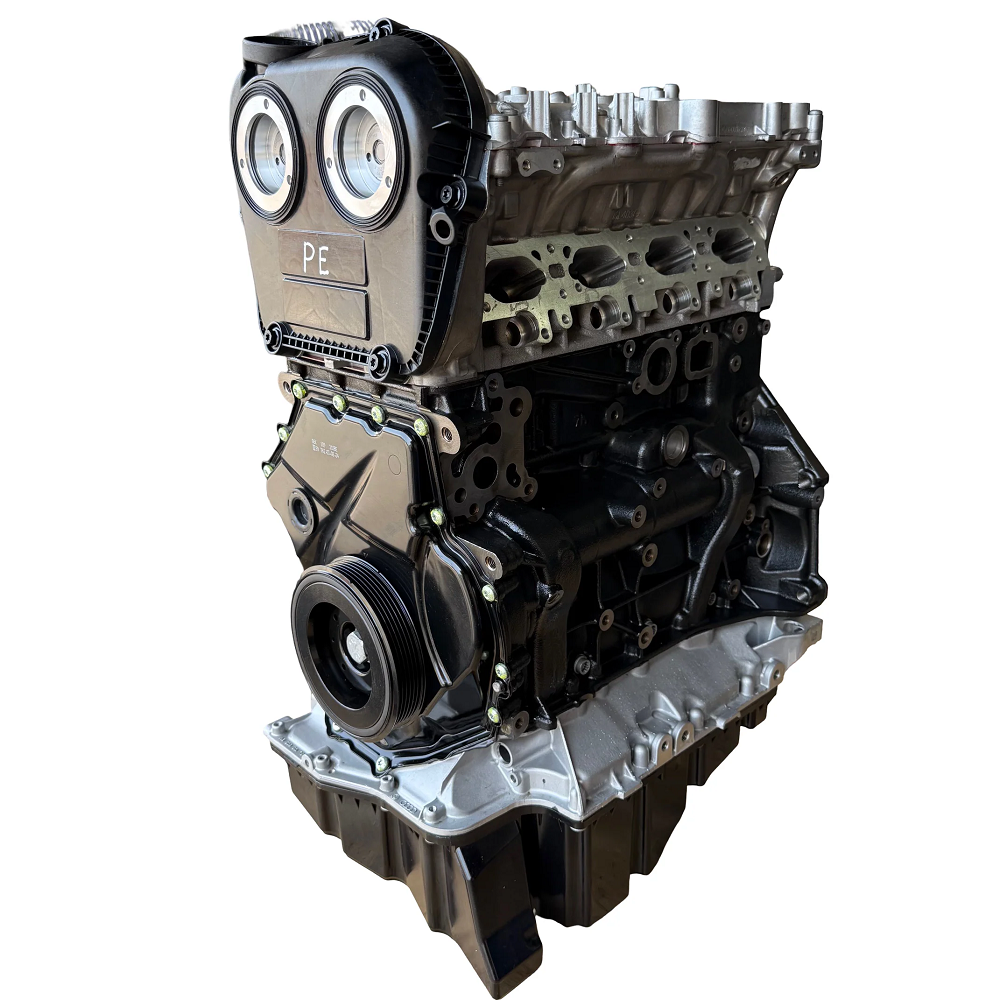
Leave a Reply